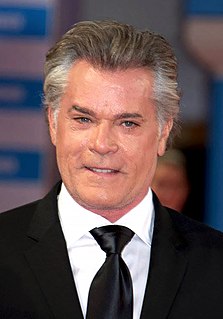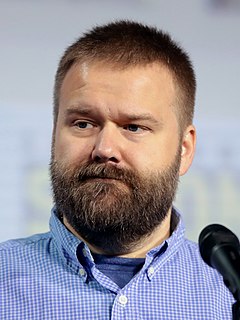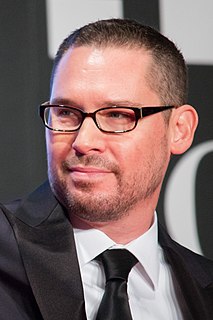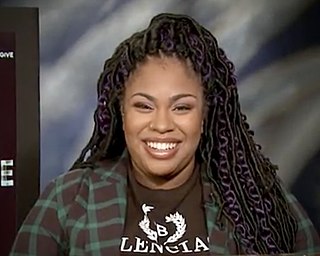A Quote by Shane Black
Writing is a black-box proposition. You see actors; you can see what they're doing. You can watch the director on set doing his work. But when a studio says to a writer, 'Give us some pages,' he just goes off and comes back. It's just pages, and suddenly, there's some writing on them.
Related Quotes
Writer-directors are a little bit more liberal, rather than having just the writer on the set, because I think sometimes the writer becomes too precious with the words. If you're a writer-director, you can see what you're doing and see your work in action, so I think you can correct it right there and still not compromise yourself.
There are a lot of actors who will watch the monitors. They'll do a scene, and then the director will look back to see if he got whatever he wanted. I just find it odd to sit there and watch yourself. But if you can be objective, I can see how it's really useful as a tool, especially if you're doing something physical.
I really just drew off of where we are now, with reality TV. You can't help but see a lot of it. You choose to watch some, but with some, you just can't help but hear it and see it. It's just piercing in your brain. That piercing is what I was tapping into , with whatever they were doing to pierce into the minds of everybody. It takes a certain kind of person to shut your mind off to the consequences and just try to get results. That's what I was going for - results.
When you write comic books and when you are writing for television, you're not writing the end product, you are writing notes for someone else to make the end product essentially. My scripts are just directions for the artist to draw pages and the pages are what is seen. I kind of feel like it's a safety net, you're able to hide behind the art to a certain extent, and in television you're able to hide behind the actors and the production, but with novels, your words are it
If you can stand to wait 24 hours before you decide the fate of what you have written - either good or bad - you're more likely to see that invisible thing that is invisible for the first few days in any new writing. We just can't know what all is in a sentence until there are several sentences to follow it. Pages of writing need more pages in order to be known, chapters need more chapters.
If you give the actors a problem 'I'm not getting something out of the scene' and it's the writing, we just don't have the scene, if you give them the problem and just give them some key thoughts they can bring some great solutions to the equation too. So if it's just not perfect, or I'm not getting all I can, I'll open it up to them and say let's talk about it.


































